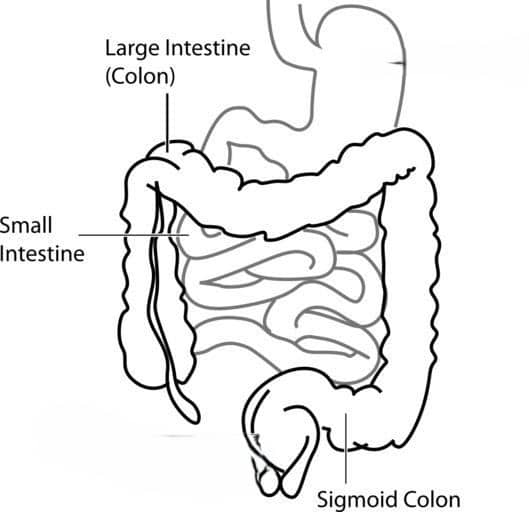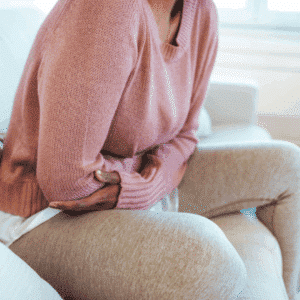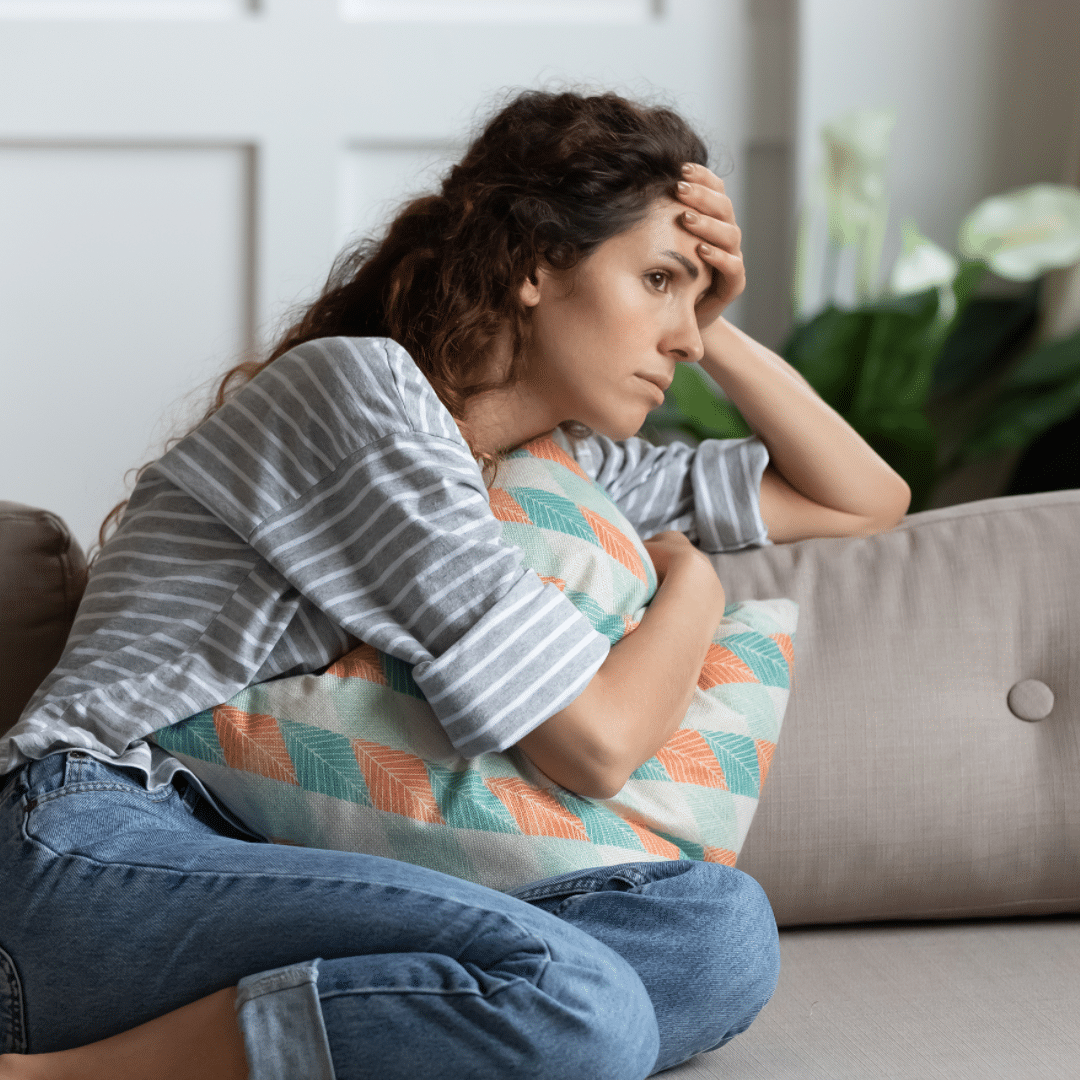Diverticulitis is a digestive condition that occurs when tiny pouches (diverticula) in the wall of the large intestine become inflamed or infected.
Diverticula (tiny pouches) make ideal places for bacteria to hideout and multiply. A bacterial infection may trigger inflammation which can cause the diverticulum to swell and tear.
An attack or flare-up of diverticulitis can occur suddenly causing moderate to severe pain in your lower abdomen. Other symptoms can include nausea, fever, or changes in bowel habits.
If suspected, the diagnosis of diverticulitis can be confirmed by a variety of scans and or other tests. Usually, diverticulitis heals easily with proper treatment. However, diverticulitis can become chronic or severe causing secondary problems that can be serious.
It is important to see your physician right away for symptoms of diverticulitis. They will figure out what type of treatment you may need and whether you can treat it safely at home, if you need to see a specialist, or visit a hospital for treatment.
What is Diverticulitis and What are the Causes

The interior wall of the large intestine is usually smooth. When small bulging pouches (called diverticula) grow on the intestinal wall, it’s referred to as diverticulosis. The formation of diverticula typically begins in middle age and becomes more common as you get older. Most people over the age of 80 have diverticulosis. Small pea-sized diverticula can form anywhere but are often found in the lower left side of the large intestine, called the sigmoid colon.
Many people never have any problems with diverticulosis while some may develop diverticulitis. Most often an acute condition, diverticulitis occurs when one of the bulging pouches (diverticulum) becomes infected, tears, or is inflamed.
If the diverticula become inflamed, it can cause abdominal pain and other symptoms. It may mean an infection exists for which you should seek medical attention. Contact River Bend Medical Associates for an appointment today.
Symptoms of Diverticulitis
The most common symptom of diverticulitis is persistent abdominal pain. This includes cramping, gas, bloating, and pain. It is important to seek medical attention if pain gets worse when you move or cough. Other common symptoms include:

- Constipation or diarrhea – Experiencing these every so often is not uncommon, however, if constipation or diarrhea lasts longer than a few weeks, it may be a sign that you need medical help.
- Nausea – or vomiting combined with other symptoms may be a sign of diverticulitis. Infection or blockage in the colon can cause painful cramping that can lead to vomiting.
- Abdominal tenderness (it hurts when touched)
- Blood in stool – If stool color is red or black.
- Fever – This symptom often indicates an advanced stage of the disease. Note that if you have a fever accompanied by other symptoms, or if you have blood in your stool, it’s important to contact your healthcare provider right away.
Complicated, severe, or chronic diverticulitis, can lead to complications such as:
- Abscess
- Intestinal obstruction
- Bladder infection
- Fistula
- Peritonitis
- Intestinal bleeding
Diagnosis of Diverticular Disease
Your healthcare provider will first do a detailed medical exam. They will ask you questions about your bowel movements, diet, medications you take, and medical history. If you and your doctor already know from previous tests that you have diverticulosis, it may be easier to recognize your symptoms as diverticulitis.
If diverticulitis is suspected, the diagnosis of the disease can be confirmed by a variety of tests including Gastrointestinal tract radiography (Barium enema x-ray scan), a colonoscopy, or a CT scan. Your doctor may also order blood tests to check for infection, and a stool sample test to check for signs of bacteria.
Development of diverticulum can occur without any visible symptoms. When symptoms do appear, they can resemble several other gastrointestinal conditions. This is why diverticular disease is often diagnosed during screening for other diseases such as ulcerative colitis or colon cancer.
Treatment of Diverticulitis
Most of the time, diverticulitis heals easily with the right treatment. Acute and mild cases are usually treated with rest, changes to your diet, and antibiotics.
For most, diverticulitis is an acute condition, meaning it develops suddenly and goes away shortly after treatment. But for some people, episodes of diverticulitis can become chronic or severe (referred to as Complicated Diverticulitis). In these cases, diverticulitis can require intravenous antibiotic treatment in the hospital or possibly surgery.
While healthcare scientists have not determined the the exact cause of diverticulitis, diverticulitis is treatable. It’s important to get medical attention anytime you have persistent, unexplained abdominal pain, especially if you also have a fever and notable changes in stools.
If you suspect you have diverticulitis or are experiencing digestive distress, contact the caring professionals at River Bend Medical Associates for an appointment today. Our team is committed to delivering compassionate health care for our patients. As part of your medical team, we are here to provide you with the best care in all aspects of your healthcare needs, including digestive health. For more information on our medical practice, or to make an appointment, contact River Bend Medical Associates, or call 916-392-4000.


